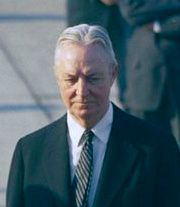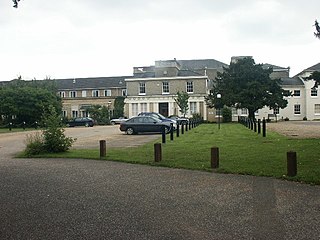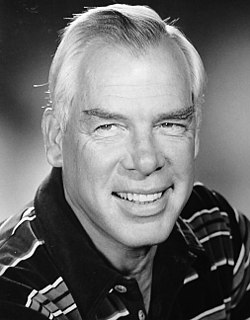A Quote by Felix Adler
FOR a long time the conviction has been dimly felt in the community that, without prejudice to existing institutions, the legal day of weekly rest might be employed to advantage for purposes affecting the general good.
Related Quotes
I have for a long time felt that our society is becoming more and more fractured and divisive and that you could go a whole day without really talking to another person. If you give people a good book to talk about, you can build a community out of a diverse group. A common language grows out of it.
The intelligence community is governed by the same legal and ethical standards as the rest of American government and society, but an operational imperative is here, too. An intelligence community charged with global responsibilities cannot be successful without diversity of thought, culture and language.
I am no preacher of the old legal Sabbath. I am a preacher of the gospel. The Sabbath of the Jew is to him a task; the Lord's Day of the Christian, the first day of the week, is to him a joy, a day of rest, of peace, and of thanksgiving. And if you Christian men can earnestly drive away all distractions, so that you can really rest today, it will be good for your bodies, good for your souls, good mentally, good spiritually, good temporally, and good eternally.
[Young] was afterwards accustomed to say, that at no period of his life was he particularly fond of repeating experiments, or even of very frequently attempting to originate new ones; considering that, however necessary to the advancement of science, they demanded a great sacrifice of time, and that when the fact was once established, that time was better employed in considering the purposes to which it might be applied, or the principles which it might tend to elucidate.
We want character but without unyielding conviction; we want strong morality but without the emotional burden of guilt or shame; we want virtue but without particular moral justifications that invariably offend; we want good without having to name evil; we want decency without the authority to insist upon it; we want more community without any limitations to personal freedom. In short, we want what we cannot possibly have on the terms that we want it.
For although this was a very heroic war, with a parade of every sort of high moral principle, and with the most sonorous language employed upon both sides, it somehow failed to bring about either the reformation or the ruin of humankind: and after the conclusion of the murdering and general breakage, the world went on pretty much as it has done after all other wars, with a vague notion that a deal of time and effort had been unprofitably invested, and a conviction that it would be inglorious to say so.
It appears to general observation, that revolutions create genius and talents; but those events do no more than bring them forward. There is existing in man, a mass of sense lying in a dormant state, and which, unless something excites it to action, will descend with him, in that condition, to the grave. As it is to the advantage of society that the whole of its faculties should be employed, the construction of government ought to be such as to bring forward, by a quiet and regular operation, all that extent of capacity which never fails to appear in revolutions.




































